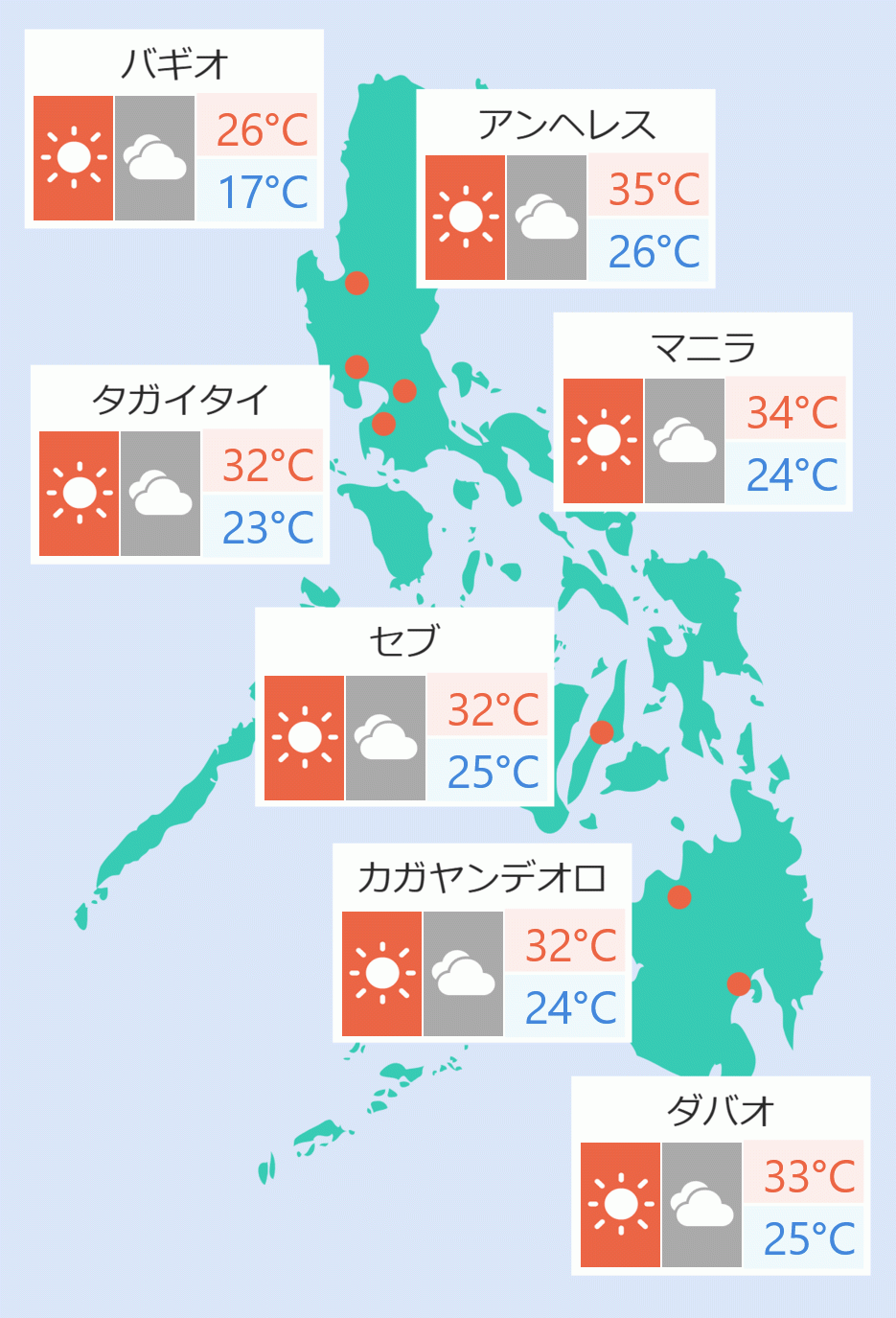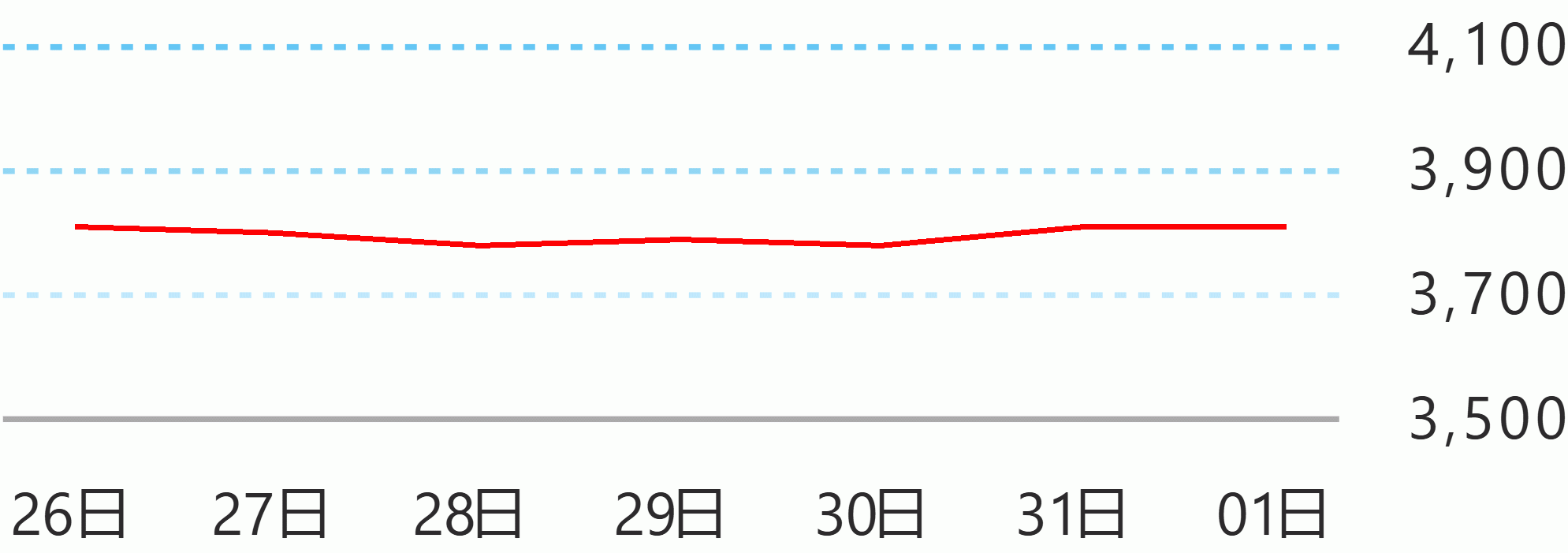Miyagawa Yoshimi is on a mission to teach Japanese cooking techniques to Filipino culinary students.
She recently joined the Japan Overseas Cooperation Volunteers (JOCV) Program in the Philippines, which is one of the Japan International Cooperation Agency (JICA) to partner countries’ development to foster mutual understanding, to help upskill teachers and technical-vocational students of Cookery at the Rizal Experimental Station and Pilot School for Cottage Industries or REPSCI in Pasig.
“I have been a chef for more than 40 years. I owned a restaurant in Yamanashi Prefecture in Japan that serves healthy vegetarian food. I’d like to share my experience with Filipino teachers and students for their capacity development and job opportunities. Also, I’d like to share Japanese culture through cooking to deepen mutual understanding.”
Miyagawa has a strong volunteer spirit. Fifteen years ago, she stayed in Thailand for two years as a JICA volunteer, teaching handicrafts to women in an anti-human trafficking center, to help them pursue self-reliant lives.
Now, she returns as one of the first batch of JICA volunteers to be deployed in the Philippines after the JOCV program was halted by the COVID-19 pandemic for two years.
This Japanese chef loves to work in bridging much closer friendship between Japan and the Philippines, while addressing different development challenges.
When the Philippines expanded its basic education cycle to a globally comparable 12 years under K to 12 program in 2011, a technical-vocational track was added which included cookery among others.
The implementation of the Governance of Basic Education Act of 2001 also calls for schools to have programs that will improve the quality of basic education in the country.
As such, the deployment of JOCV to REPSCI can then help bridge the gap between the academe and industry skills needs so students can have better chances of getting quality jobs after graduation.
Through Miyagawa’s volunteer work, REPSCI will be introducing authentic Japanese cooking experience to their teachers and senior high school students taking up cookery and food and beverage courses.
The school will also launch a cooking class bootcamp where parents of students can learn cooking standards and techniques in Japan to boost their livelihood skills and provide for their family.
“The Filipinos are hospitable, kind, and friendly. While I’m still adjusting to the Philippines, especially the weather, I’m excited to work with REPSCI and teach new recipes combining Japanese and Filipino cuisine to teachers and students,” shared Miyagawa.
Being a JICA volunteer, Miyagawa added, is one way to help make the lives of others better. “Just by simply sharing Japanese cuisine to Filipinos and hopefully inspire young Filipino chefs to create Japanese-Filipino fusion food can have great impact.” JICA Philippines





 English
English










